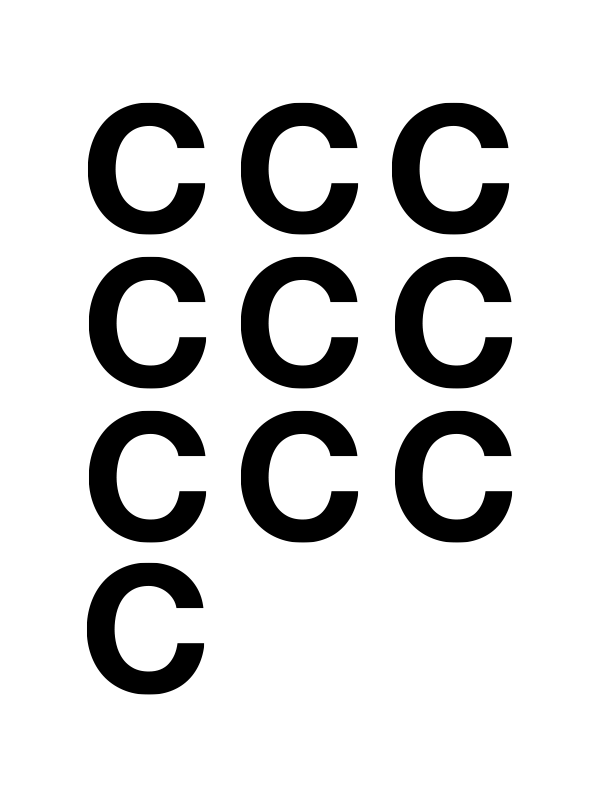Future skills
Definition:
According to the U.-D. Ehlers (2020), Future Skills – The Future of Learning and Higher Education, Future skills – i.e. future competences – are empirically determined competences that are important for specific areas (domains) or contexts of action. There are various ways to determine this, for example expert surveys or the analysis of job advertisements.
According to the EFSI (European Future Skills Institute), there are two pillars of future skills
Cross-industry competencies and abilities), in a narrow definition/view, future skills refer to the competencies and abilities that are independent of industry sectors, expected to be in high demand and of high relevance in the upcoming years, particularly as the global job market evolves.
For example: Digital literacy, Adaptability and Flexibility, Critical Thinking and Problem-Solving, Emotional Intelligence, Sustainability and Environmental Skills and many more – Industry-specific competencies and abilities
In a broader definition/view, future skills also refer to competencies and abilities that are of high importance to specific industry sectors.
For example: Safety and hygiene in the food industry, Ethical hacking in the IT industry, Digital pedagogy in education, Digital communication skills for telemedicine and many more.
